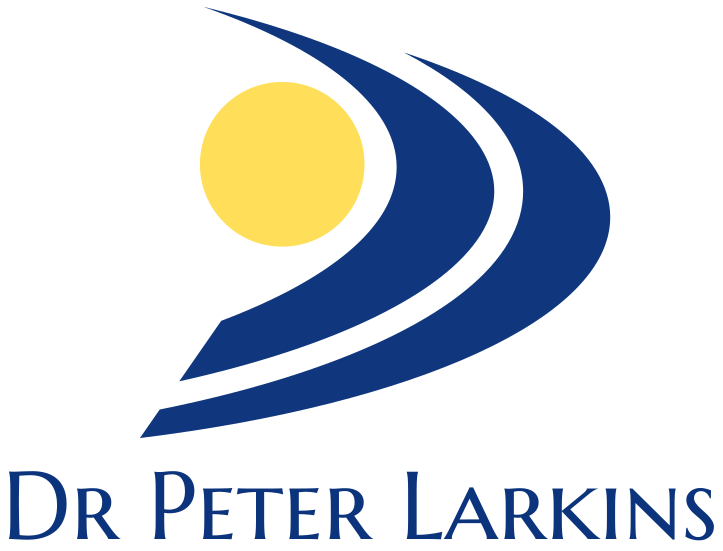Navigating Mental Health
“The Ultimate goal of the Blessed life, is physical health and mental serenity” (Epicurus).
Mental health has become one of the most discussed health topics in society in recent years. What was once a relatively “taboo” topic smothered in stigma and derided by so many, has now been revealed as a widespread affliction across all age groups. It can manifest in so many guises and the impact on individuals, families, society and the community is widespread.
In the past our traditional model of health has largely focused on measurable physical parameters.
Topics such as heart disease, stroke, diabetes, and cancer have received significant attention and publicity in the battle to promote personal health awareness. These illnesses are still of major importance - however another health concern has begun to receive enormous coverage and long overdue exposure for the massive impact it has on so many individuals in our community.
A 2014 NSW Mental Health Commission study reported 1 in 4 men and 1 in 3 women are living with a mental health condition. There have been dozens of public figures including politicians, athletes, entertainers and business leaders who have shared their mental health battles. This has certainly helped to promote awareness and encourage many to seek help, but we are a long way from where we need to be.
In recent years the incidence of mental health disorders being reported has risen enormously. There are many reasons suggested for this - previous underreporting, stress from modern lifestyle pressures, social media use and societal family changes amongst them. The number of very young, school age children experiencing mental health disorders is particularly alarming. In addition, since 2019 the role that the COVID 19 pandemic has played is well documented.
What is clear is that support for these individuals must be swiftly available and a long-term management plan put in place to help deal with their condition. Traditional medical intervention with counselling and medication involving psychological and psychiatric services are usually required but a strategy of self-help techniques always forms a component of the treatment pathway.
The importance of being able to discuss your problems with a trusted friend, colleague or family member is vital. Equally, seeking professional help is vitally important and access to support services has never been as available as it is in 2021.
The physical health benefits of investing time in personal wellness promotion have always been known. The mental health benefits are equally well established. For decades, studies on depression and anxiety have shown positive benefits in mental wellbeing from regular exercise performed as little as one hour per week. Patients report less anxiety, better sleep and less use of medication as a result of participating in light to moderate physical activity. The benefits seem enhanced if the activity is undertaken with a friend or group.
“It’s not the bruises on the body that hurt,
it is the wounds of the heart and scars of the mind” (Aisha Mirza)
Obviously not all medical conditions are preventable but it is important to detect early signs of common illnesses so that early treatment can begin to maximise recovery.
Far too many individuals take a passive approach to health maintenance and then expect the medical profession to “fix” the problems after they arise. This is not a sustainable attitude and good habits need to be developed at an early age to minimize the oft-labelled “ inevitable” effects of aging.
Lack of physical activity has been shown to be a major independent risk factor contributing to a range of conditions including
· Heart disease
· Stroke
· Diabetes
· Cancer
· Mental health disorders
What you need to do after today :
· Keep in touch with friends & family
· Visit your GP
· Get basic check up & lifestyle chat
· Holistic wellness review including emotional assessment
· Blood tests – cholesterol (lipids), diabetes, prostate,thyroid
· Basic urine check
· GP will arrange other tests as needed
Remember, “Exercise is the best Medicine”. It is important to develop a routine of physical activity aiming ultimately for 150 minutes of movement-based exercise, e.g. walking, cycle, swim, run, etc. coupled with good nutrition, stretching and some regular resistance / strength activity.
You must not take good health for granted. Making some simple changes to activity levels and lifestyle can have a significant impact and contribute both to longevity and quality of life.
MENTAL HEALTH RESOURCES
PHONE
Lifeline 13 11 14
Beyond Blue 1300 22 36 46
Kids Helpline 1800 55 1800
Grief Line 1300 845 745
ONLINE
www.blackdoginstitute.org.au/support
See my accompanying LinkedIn article on “How to start an Exercise for Health exercise program”

